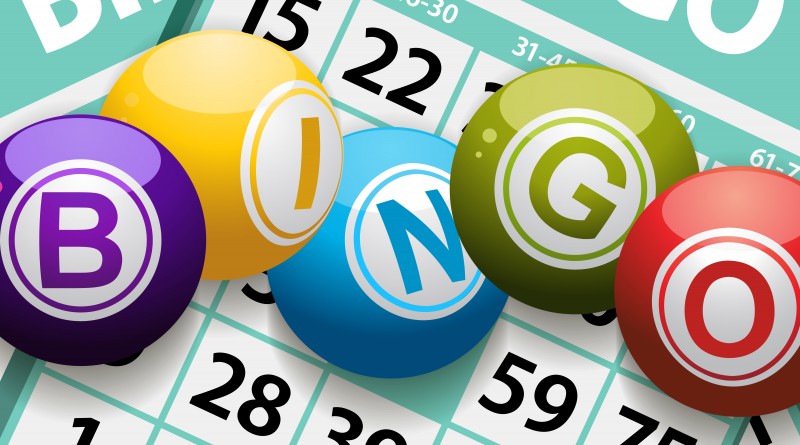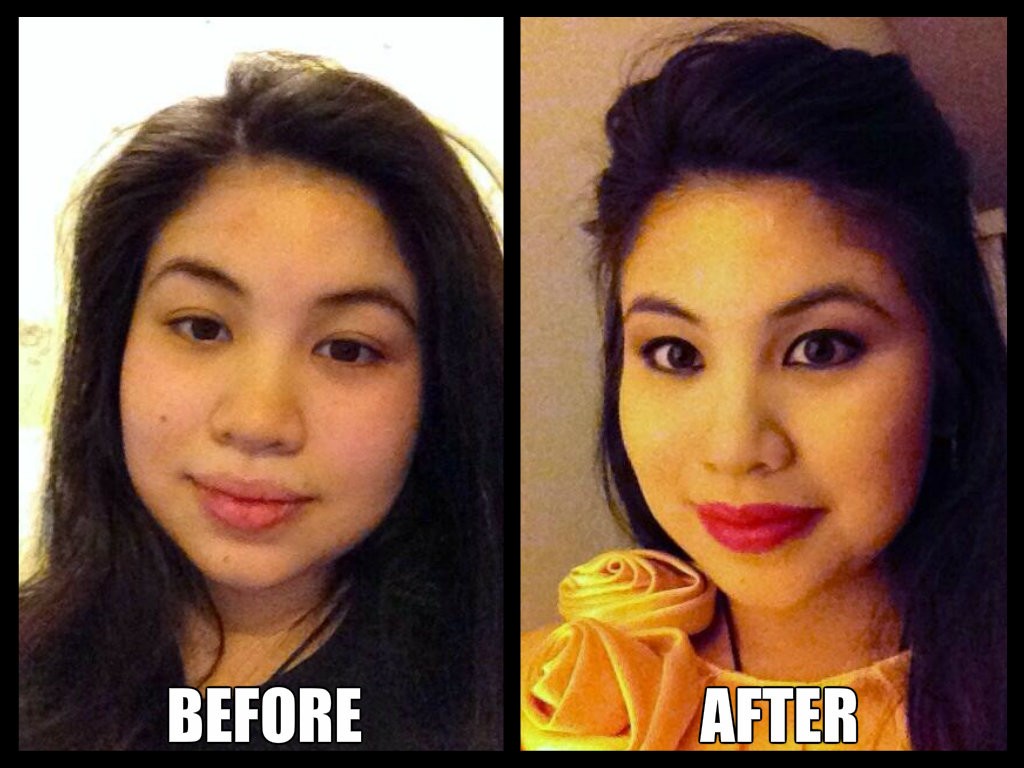Bipolar Bingo: 24 Things Not To Say to People Who Have Bipolar Disorder
Mental Illness Awareness Week is October 11th through 17th. I am partnering with the Health Stories Project to create awareness. I created something called Bipolar Bingo to dispel misconceptions about this illness and foster empathy. Coming out of the mental illness closet (or sadly, in some cases being outed) is very hard. On this bipolar bingo card (pass the chips and play with friends!), there are 24 things not to say. My personal favorites include: “Everyone’s a little bipolar,” “Isn’t that what serial killers have?” and “You’re still bipolar?” I’ve also included a short video of me discussing Bipolar Bingo that you can watch here: https://youtu.be/KCZrHWRN47A

Fashionably ill Readers And I Talk About Bipolar Disorder Misconceptions
The reason I personally don’t like “everyone is a little bipolar sometimes” is because bipolar disorder is more than changing your mind or feeling temporarily sad. It’s not like last Thursday when I told myself I would watch the Bulls game and changed my mind at the last minute and watched How To Get Away With Murder instead. Having bipolar disorder sometimes means I feel lonely out of the blue when I’m having a good day and am surrounded by people I love. It’s fighting to be productive despite sporadic episodes of depression. I’ve heard people sometimes assume people with bipolar are lazy as if they use it as an excuse not to work. Nothing could be further from the truth. Managing bipolar disorder like my other four illnesses (which are not mental illnesses) is hard work that involves work like seeing my therapist, taking prescribed meds, doing mood charts, and exercising. On our Facebook page, several Fashionably ill readers shared similar sentiments like Joseph and Rudy.
JOSEPH, “This is the difference between someone who is sad about their circumstances and someone with a condition that at times is disabling. Positivity is not a cure.”
RUDY, “For me it would be that I can just get out of bed shake it off and cure myself through sheer positivity…As if I never considered getting out of bed or finishing school. It’s insulting to my intelligence.”
The other saying that gets me is “happiness is a choice.” That would be like telling someone who is having an asthma attack, “breathing is a choice.” (I say this as someone who has asthma, by the way.) As I previously blogged about, I think telling people who are depressed (or have other diseases–not just mental illness), “Just think of the starving children in Africa” is insensitive. Similarly, it would be insensitive of me to tell a (healthy) friend who just lost his job or suffered a breakup, “At least you don’t have bipolar disorder.”
Other Fashionably ill readers like Meghan and Kim discussed how people sometimes stereotype people with bipolar as manipulative and violent even though only 4% of all violent crimes are committed by people with mental illness.
MEGHAN, “Top three for me are: 1. usually mass shooters and other criminals are labeled bipolar (not always true) and then actual people with bipolar are said to be potential criminals as well.
2. The term ‘manipulative’ is thrown around all too much with this diagnosis (and bpd, borderline personality disorder)
3. People idealize mania. Yes sometimes great things can come from it however it comes at great costs”KIM, “ I was misdiagnosed with this, and people jumped to conclusions. Assuming I would transform from making muffins to serial killing with no apparent reason…It seems to frighten people. And when you have an actual reason to be upset, and not even showing symptoms of going off the handle, they again jump to conclusions, and ask if your meds aren’t working. Like people who suffer from this, are the scapegoat for bad behavior. People with bipolar are not really allowed to “react” to a real situation (being justifiably upset at a coworker who does not do his/her share of the work, for example), without it becoming the reason for the problem. If a bad thing happens to a person with mental disorders, people don’t compare their reaction to that of a normal person in the same circumstance. People immediately make assumptions, about medication, or whatever…Then I was properly diagnosed, and the stigma stayed with me.”
As I’ve previously blogged about, suicide prevention IS important to me. After all, I have bipolar disorder, lost a friend to suicide, and have worked in mental health nonprofit. However, when I’ve just come out to someone as having bipolar, I don’t like automatically hearing, “Have you ever tried to kill yourself?” That’s like meeting a war veteran for the first time and asking, “Have you ever killed someone?” Uncomfortable. Occasionally, strangers will ask me what’s wrong after seeing my cane. When I tell them (sometimes I say I have an “illness” and other times, I tell them I have myasthenia gravis, MG), they respond, “Oh my gosh! That’s terrible. How long do you have to live?” I don’t like people responding to my bipolar and MG diagnoses by asking if I’ve ever tried to kill myself or if I’m going to die soon, respectively.
Some People Want To Know What We’re Going Through
There are people who really do mean well and are not sure what to say.
KATE, “I don’t know much about bipolar disorder and that’s why I hope that when people get those questions, they take a minute to educate the person. Often people don’t mean to be offensive with questions like that–they just honestly have no idea.”
Your Turn
What misconceptions of mental illness have you experienced?
–Your Stylist, Jessica Gimeno





I can relate to almost all the things on your bipolar bingo card! For additional fun tell people you have rapid cycling bipolar with psychosis. That usually shuts them up, or forces them to say stupid things such as “but you haven’t killed anyone”!!
Pingback: Blog - Health Stories Project
Jessica, I so understand your Bingo blog. I, too have asthma and have had to take prednisone alot over the years. Sadly, most people are not empathetic enough to step outside of themselves and possibly try to learn and understand bipolar, mania or any other mental illnesses. I have lived it my whole life. My maternal grandmother, my mom (major depression w/psychosis) There were four of us sisters’, I lost one sister @ 45 to suicide, my two remaining sisters’ and I have the same types of mental health challenges. Blessedly, we are very close and we can totally be there to love and support each other when we are having a crisis. However, I feel it is a lonely illness. I just want to isolate a lot of times. Don’t feel like I belong. Surrounded by people and till feel piercieringly lonely.
Last year I lost my beloved younger son, Jonathan, he had just turned 35. He was diagnosed at age 15 with type 1 diabetes. He suffered with major depression. We took him for psychiatric treatment but he would not take meds for the depression or go back and talk to a psychiatrist. He struggled with compliance with his diabetes, as far as, insulin he took it but he learned he could take more to eat things he wanted. He was in and out of ICU many times during his life. He had his sugars go from 8 to 1800. I would have given my life to have saved him. The diabetes took a toll on his body and he died of cardiac issues. I will go to my grave believing Depression killed him, he didn’t seem to be the same person once he was diagnosed with the diabetes. If your mind isn’t in the right place it is unimaginably difficult to take good care of your physical health. He left behind five children. The three oldest he had not seen since she was 6 and his twin boys were 4. Their mom left him and married a man in the army.
When the children were 9 and 7 her husband legally adopted them. This broke mine and my husband’s hearts. We had raised these children until they were 6 and 4. We and they are bonded forever. Jonathan was a loving, giving, selfless person. He told me the last year he was living he knew he wouldn’t be alive much longer. He explained the reason he signed the adoption papers was because he could not afford to give his children the life they deserved. He had remarried and she had a daughter and they had a daughter and he was sick more than he was able to work. It was torture for him, as he felt less of a man because he could barely take care of the family he had. We did everything for him and them that we could, willingly with complete love. Would do it again, no regrets! I struggle with his loss and I know I will never get over it, it is just not possible to stop grieving for the light of my life, I miss his hugs, his megawatt smile, all the things he would do for me just because I was his mom. I can’t even come close to reaching the pinnacle of joy I use to have on occasions. Everything seems tinged with sadness. It feels like all the color drained from the world. I am trying to stay strong for my grandchildren. I know it is what my son and God would want me to do. But it is so, so, hard.
I love this and I love the Bipolar Bingo concept. One of the best that was said to me was: “Most people with bipolar steal a lot. Are you a kleptomaniac?” I laughed my ass off at this. But that’s not take away from the serious edge to this article. It really is a grand idea and the ramifications of some of these attitudes are extemely serious. Thanks Jessica.
Ryan